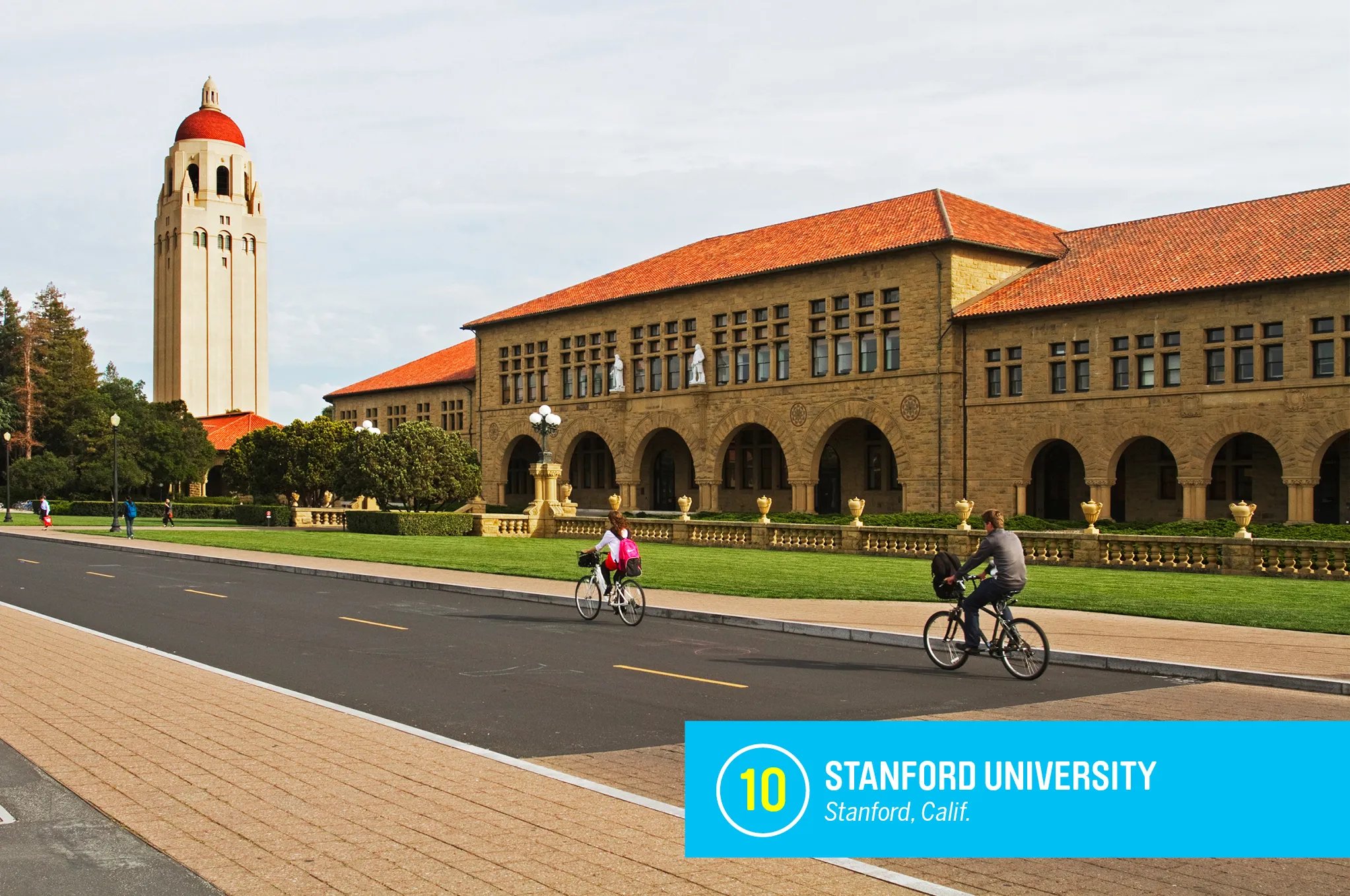7 Proven Tips for Successful College Application Essays

I used every single one of my fast waning powers of influence to get my oldest son to cut his hair. I begged, bribed, teased, and—eventually—grew to ignore it. Not only did it stand out like a sore thumb in Fairfield County, Conn., it stood in stark contrast to the hair of our friends’ sons, which was closely cropped and perfectly shaped.
Somewhere in the tangle of my son’s nine-foot afro, I learned an interesting lesson about how parenting for conformity can make the college application process a lot more difficult.
I am not proud of it, but watching the other toddlers crawl, I worried when my first child showed little interest in crawling or walking even though he spoke like he could deliver the nightly news.
Now, as a college consultant, I have to convince other people’s children to recognize and embrace what makes them different. After all, there is really only one essay question when it comes right down to it, and it is:
“What can you bring, teach, or offer to other students on our campus?”
Therein lies the difficulty of this process. “Difference” for many parents and students has been an obstacle, even the enemy. Now, when difference is to be celebrated and prized, it’s not so easy to uncover. Ahead of our brainstorming meeting, distraught parents will drop their student off at my office and announce in exasperation, “Good luck brainstorming about what to write for the essay. We got nothing!”
Here are a few tips to make it easier to find the right long essay topic for you:
Tip #1. Do Not Read the Long Essay Prompts
This sounds counterintuitive, I know. But the prompts give you enough freedom to write whatever story you want to tell about yourself. So don’t restrict yourself by reading them until after you write your story. Write first, and then choose the “right” prompt.
Tip #2. Think of Your Essay as a “Slice”
The essay should not and cannot be about every moment you’ve existed on God’s green earth. Choose a slice of your story that represents you at your very best and tell it in excruciating detail. (You can always address word count and trim the details later.)
Tip #3. Avoid These Four Over-used Essay Topics
- Writing about someone else (such as a relative or a coach)
- Writing about your mission trip
- Writing about how you made “lemonade” from a sports injury “lemon”
- Writing about your time at camp
If you feel you simply must use one of these topics, know that you will need to make your essay extra compelling.


























Tip #4. Ask Yourself Some Questions
- How are you similar to and different from your siblings, parents, and friends?
- When have you been most proud of yourself—what is the story?
- Tell me about your best day ever.
- What do your peers and friends admire about you most? What do they say you are good at?
- What’s your “super power?” Making small talk? Solving problems?
- Who are you among your friends?
- What role do you take on in your family?
- What is your family dynamic and how does it change, impact, inform your view of the world?
Tip #5. As You Write, Notice…
Are you enjoying what you are writing? Does the topic come easily to you? Is it boring? The feeling you have as you write will be the feeling you give to your reader. Bored writers make for bored readers. Excited writers make for eager readers.
Tip #6. Ignore the Word Count (Initially)
Allow yourself at least two drafts to get your story out. Once you like your first draft, start to cut (or add) words.
Tip #7. Come Close to the Maximum Number of Words
If the maximum count for the essay is 650 words, but you have said all you need to say in 100 words, you will either need to have supreme confidence in yourself as an amazing writer, or you are leaving money on the table and not sharing enough about yourself. Make sure you choose the right “slice” of yourself to discuss, one so full and rich in detail that you’ll have no problem telling it in 650 words.
Choosing what to write about in the essay is important and it is doable. The “slice” of you that you write about can be funny, dramatic, or even humbling, but most importantly it must be your tale and it must describe you. And yes, my son’s essay did incorporate his afro, and he did get into his first-choice college!
Stephanie Klein Wassink is founder and CEO of Winning Applications College Consulting and AdmissionsCheckup.com, an online service in which former admissions officers check students’ applications and give (brutally) honest feedback, before the students submit them to colleges. She last wrote for us on "What Really Goes on in a College Admissions Office?"